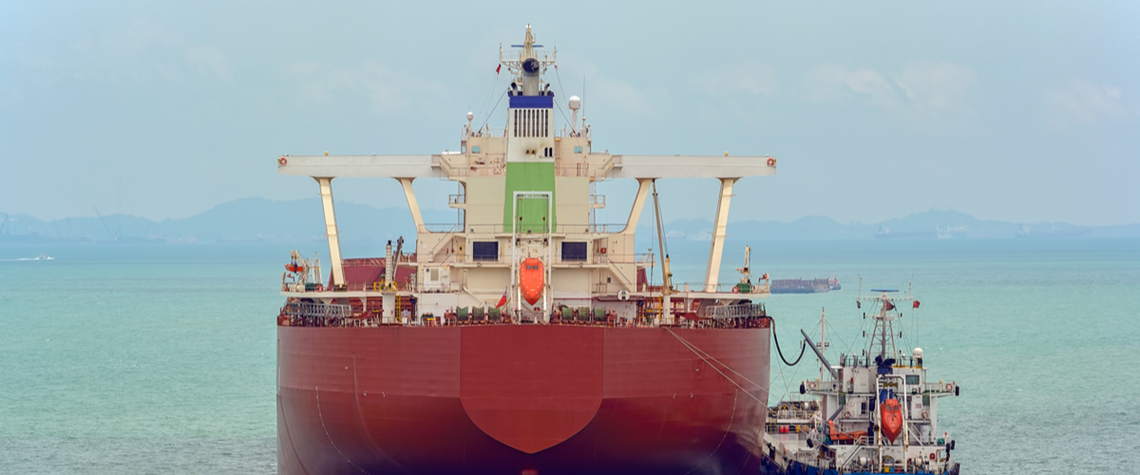New shipping fuels need lifecycle emissions analysis
IMO developing well-to-wake methodology amid calls for robust assessment of clean fuels’ green credentials, conference speakers say
New fuels under consideration by the shipping industry as low- or zero-carbon alternatives to diesel bunker should have their green credentials assessed along their entire value chain, from the upstream point of production to downstream end-use, industry experts urged at a conference on Wednesday. Potential future low-carbon and zero-carbon fuels for shipping—from methanol and ammonia, to hydrogen and LNG—have diverse production pathways that entail significant differences in their overall environmental footprint. This makes it important to assess the greenhouse gas (GHG) emissions across the lifecycle of a fuel, from its production until it is used to fuel a vessel, rather than just the las

Also in this section
10 December 2025
Net zero is not the problem for the UK’s power system. The real issue is with an outdated market design in desperate need of modernisation
28 November 2025
The launch of the bloc’s emissions trading system in 2005 was a pioneering step, but as the scheme hits 21 its impact as a driver of decarbonisation is still open to debate
18 November 2025
Vicki Hollub, president and CEO of Occidental, has been selected as the 2026 recipient of the Dewhurst Award, the highest honour bestowed by WPC Energy. The Dewhurst Award celebrates exceptional leadership, groundbreaking innovation and a lifetime of significant achievements in sup-port of the development and advancement of the energy industry.
11 November 2025
Transition policies must recognise that significant industrial demand for carbon will continue even as economies hit net zero







